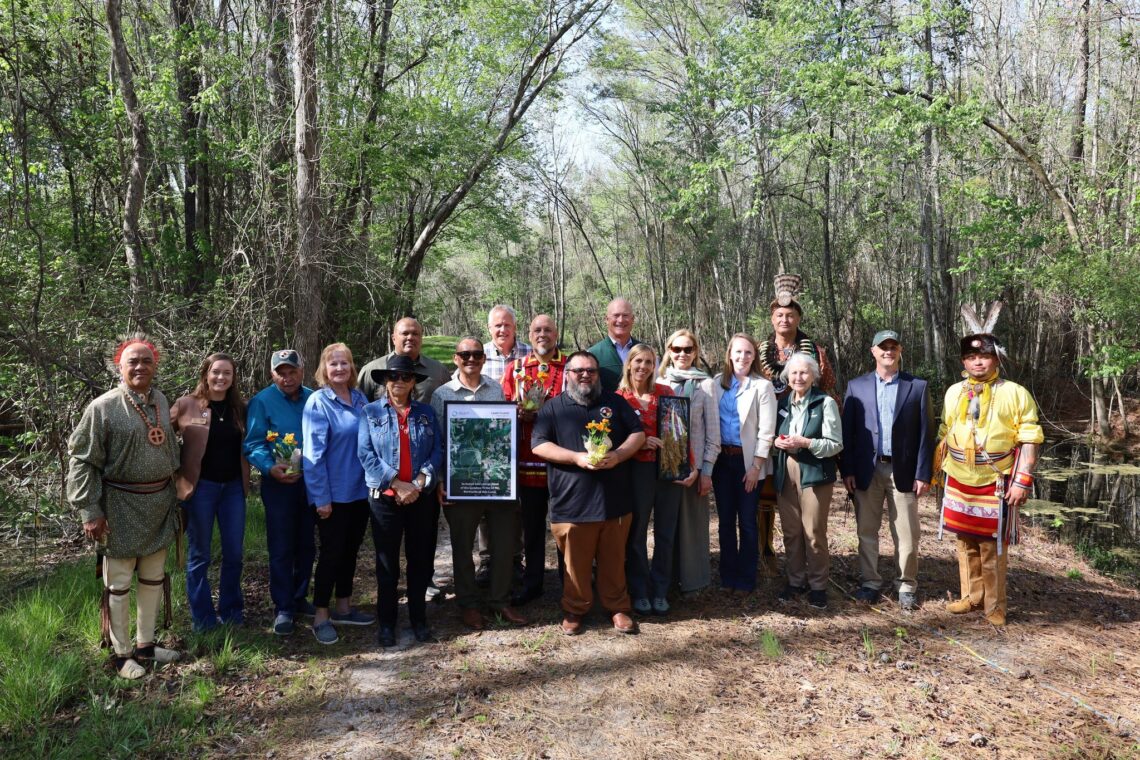
Where the Water Returns: Land, Heritage, and the Lumbee Legacy at Camp Island
By Michael Maynor
In the heart of Robeson County, North Carolina—where blackwater creeks meander through pine woods and longleaf savannah—something remarkable has happened. On a quiet stretch of land known as Camp Island, 1,382 acres of ancestral ground have been returned to the hands of the Lumbee Tribe, reconnecting a people to the wild lands they’ve known for generations.
This is more than just a real estate transaction. This is conservation. This is cultural restoration. This is history bending back toward justice.
Thanks to the joint efforts of Open Space Institute (OSI), Ducks Unlimited, and the support of a private family foundation, the Camp Island property was secured and donated to the Lumbee Tribe, marking the first major protected area under Lumbee stewardship.
For those of us who love the Southern outdoors—who live for the whistle of wings at dawn, the crackle of pine needles under boot, the sight of a wood duck lifting off a quiet backwater—this story hits home in a deeper way.
Because this isn’t just about saving a place.
It’s about saving what the place means.
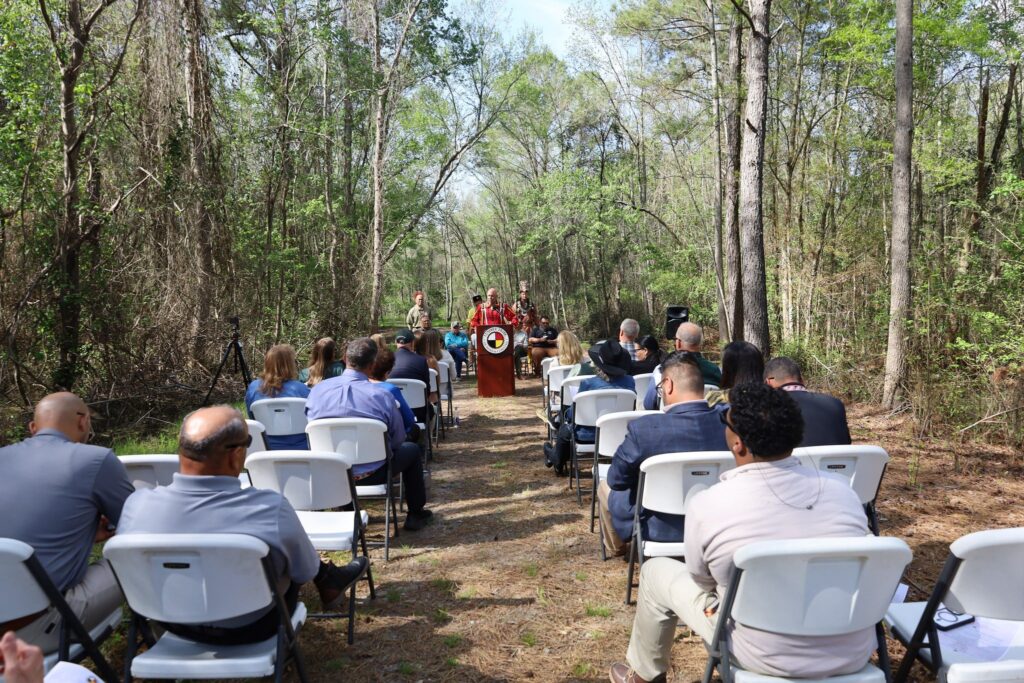
Land Returned, Land Restored
Once inaccessible to the tribe for generations, Camp Island is now a symbol of healing and reconnection.
“We are excited to reconnect with this land, which we’ve not been able to access for a very long time,” said Lumbee Tribal Chairman John Lowery. “Our people are outdoors people, and the ability to steward this land for Lumbee and visitors alike is truly special.”
Rich with cultural significance, the property is home to indigenous artifacts, sacred spaces, and habitats that have sustained both wildlife and community for centuries. From the sweetgum thickets to the tupelo swamps, Camp Island echoes with the rhythm of the natural world—and the memories of those who lived in harmony with it long before surveyors arrived.
The Conservation Angle
This effort wasn’t just about reclaiming heritage—it was also a landmark win for wildlife conservation.
Funded in part by the North American Wetlands Conservation Act, and facilitated by Ducks Unlimited, the project ensures that Camp Island will remain a preserved natural area, protected from development and managed with care.
It’s the kind of partnership that shows what’s possible when conservationists and Indigenous communities work together: wetlands protected, migratory birds preserved, forests managed sustainably, and the sacred trust of stewardship passed to those with deep roots in the soil.
The tribe has already announced plans for wildlife conservation, forest management, environmental studies, outdoor recreation, and tribal game lands—a comprehensive vision that balances tradition and science, culture and ecology.
This is good news for wood ducks, mallards, and wigeon. It’s good news for wild turkeys, whitetail, and the people who hunt them. And it’s good news for future generations of Lumbee citizens who will walk these trails, fish these sloughs, and hear the stories of their ancestors beneath these same tall pines.
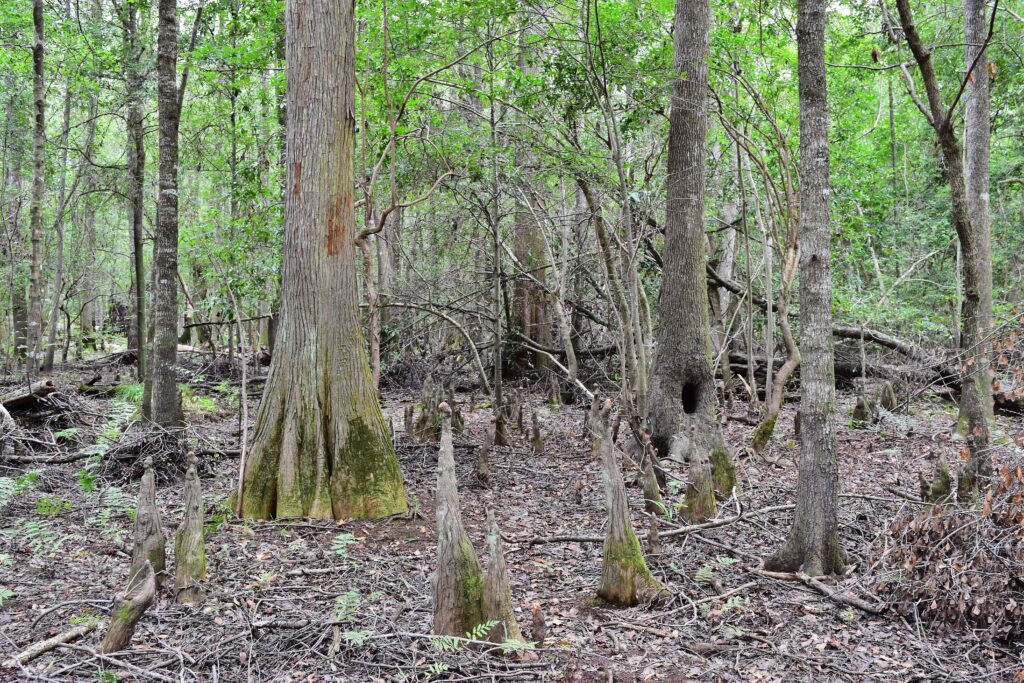
Why It Matters
There’s something poetic about this moment—something Southern, something eternal. That the largest population of American Indians east of the Mississippi River has regained a piece of its homeland, and will now use it to protect wetlands, educate youth, and reconnect people with the land.
Conservation has always been about more than ducks and deer. It’s about heritage. It’s about identity. It’s about remembering where we come from and caring enough to preserve it.
At Feathers & Whiskey, we believe in that kind of story. We believe in standing in the mud with a retriever and a thermos, and we believe in standing alongside our Native neighbors as they write a new chapter in the long story of this land.
The return of Camp Island isn’t just a win for the Lumbee—it’s a win for everyone who still hears the call of the wild.
“To conserve a place, you must first know what it means to someone.”
That’s the story of Camp Island. And it’s just beginning.
Robbie Perdue
is a native North Carolinian who enjoys cooking, butchery, and is passionate about all things BBQ. He straddles two worlds as an IT professional and a farmer who loves heritage livestock and heirloom vegetables. His perfect day would be hunting deer, dove, or ducks then babysitting his smoker while watching the sunset over the blackwater of Lake Waccamaw.


You May Also Like
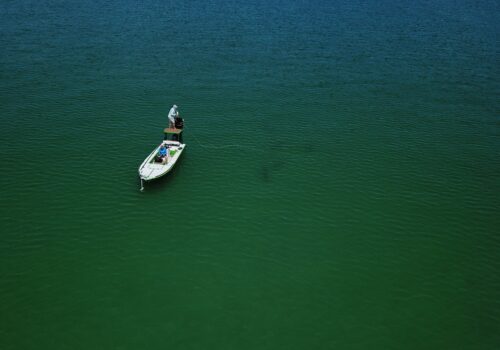
Lords of the Fly
October 5, 2020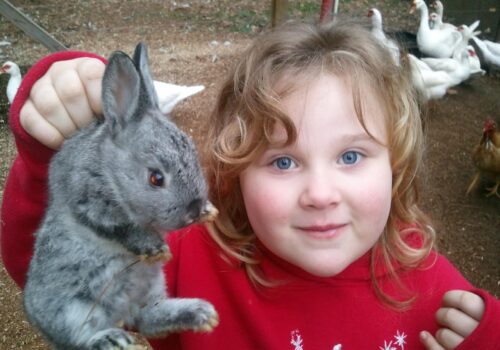
The Practicalities and Quiet Lessons of Raising Your Own Meat
January 24, 2026
